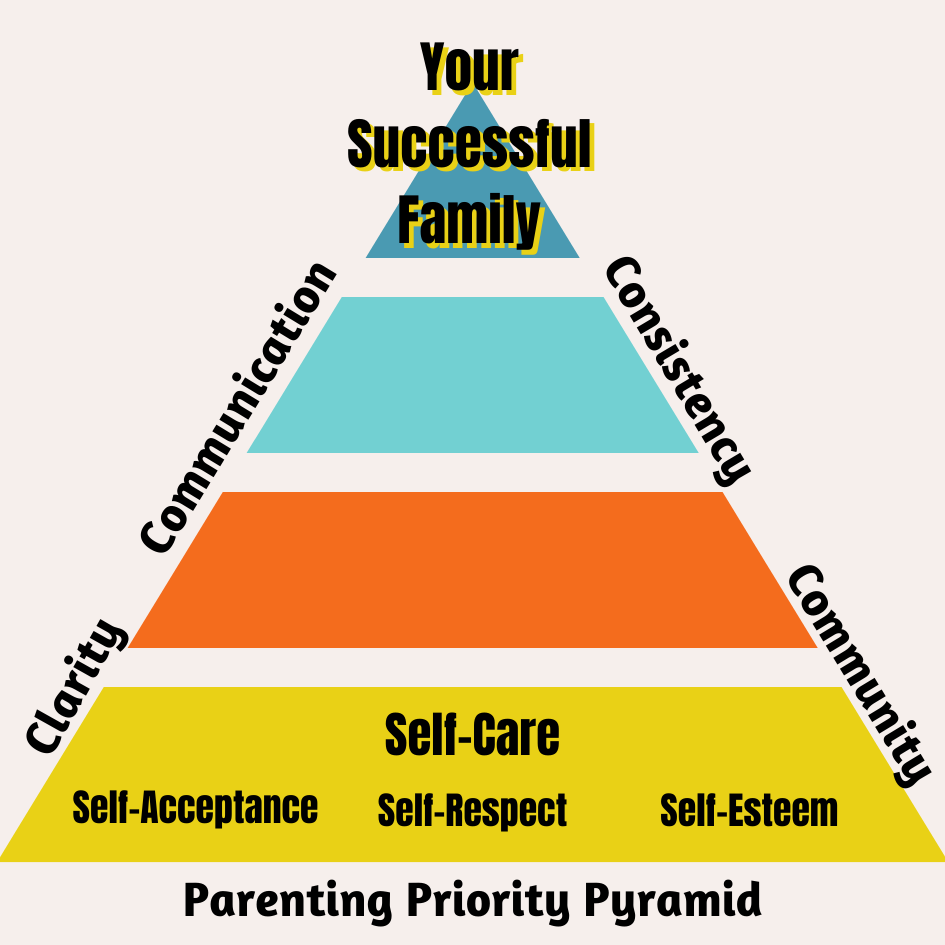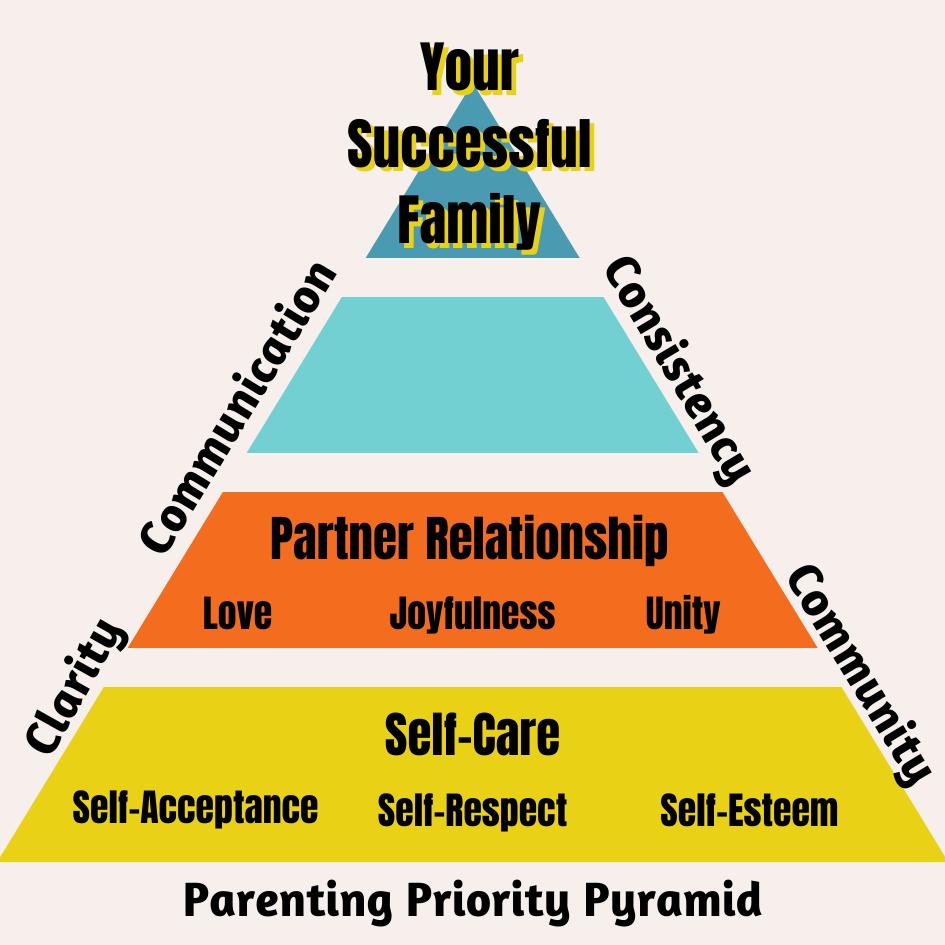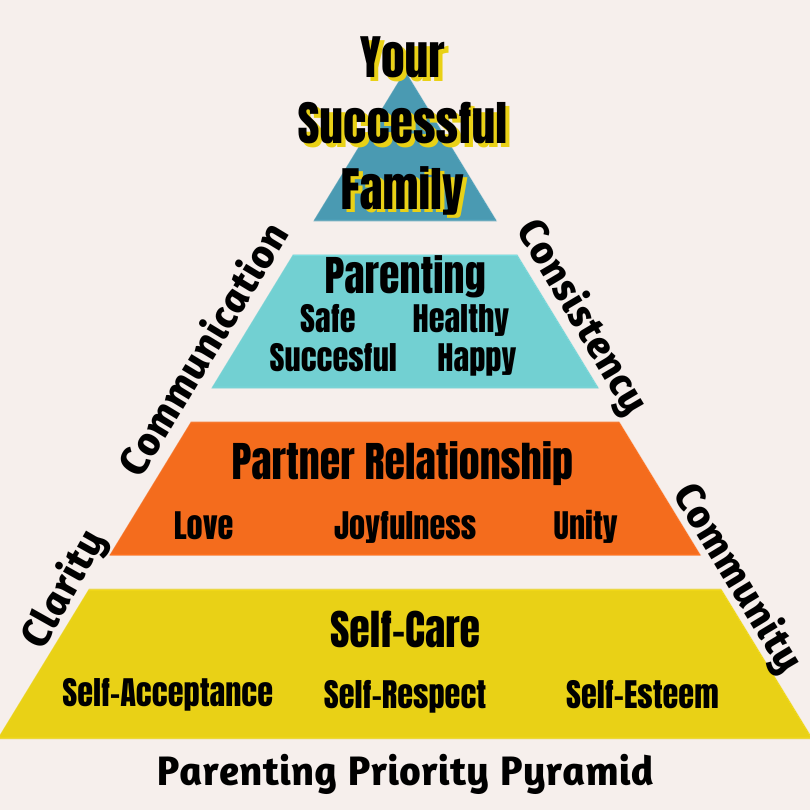
Navigating the Challenges of New Motherhood: A Sleep Survival Guide
Congratulations on embarking on this incredible journey of motherhood! We understand that this phase comes with its own set of challenges, and one of the most prominent ones is the struggle to secure a good night’s sleep. You are not alone in feeling fatigued and sometimes irritable, but rest assured, there are ways to help you get more quality sleep and cope with the temporary sleep loss.
Getting More Quality Sleep:
Understanding Your Sleep Cycles: It’s important to recognize that the quality of your sleep is just as crucial as the quantity. Typically, individuals require 90 minutes to 2 hours of uninterrupted slumber to reach the rejuvenating deep sleep phase. As new mothers, interruptions are frequent due to your baby’s needs. Therefore, finding strategies to ensure you still get the rest you need becomes essential.
Utilizing Naps: Until your little one starts sleeping through the night, naps can be a lifeline. Whenever your baby takes a daytime nap, consider taking one as well. Feeding your baby before your nap may help extend your rest time, benefiting both you and your baby.

Involving Your Partner: Even if you are breastfeeding, don’t hesitate to involve your partner in nighttime care. If you express and store breast milk, your partner can take on night feedings, granting you some precious hours of uninterrupted sleep. Alternatively, your partner can bring the baby to you for breastfeeding at night, reducing the need for you to move around.
Seeking Additional Support: The initial weeks can be the most demanding, so planning for additional support is wise. Grandparents or other loved ones may be willing to stay with you temporarily to provide assistance, or you could explore mutual support arrangements with other parents in your community. If your budget allows, consider the possibility of hiring a temporary nurse to ease the load.
Delegate the First Nighttime Feeding: Delegating the first nighttime feeding to someone else can provide you with a few precious hours of uninterrupted sleep. Even if you take over later in the night, this initial rest can make a significant difference in how you feel.
Establishing a Consistent Schedule: Remember, this challenging phase is temporary. Look forward to the days when you and your family can return to a regular sleep schedule. Consistent bedtimes for you and your baby will contribute to better rest for everyone.
New mothers, you are resilient and capable of handling the sleepless nights that come with caring for your precious bundle of joy. As you implement these strategies and seek support, remember that this phase will pass, and brighter, more well-rested days are ahead.
Empowering Strategies to Navigate Temporary Sleep Loss:
Embrace Meditation: When the elusive sands of sleep seem out of reach, meditation can be your oasis of calm. Its soothing effects mirror those of a good night’s sleep. If sleep is evading you or there’s no time for a nap, indulge in some quiet deep breathing exercises.

Fuel Your Body Wisely: Your diet plays a pivotal role in influencing your sleep patterns. Avoid excessive caffeine or alcohol, as they can disrupt your rest. Hydrate adequately, as dehydration can drain your energy. A balanced diet provides the sustenance you need to power through your day.
Gentle Exercise: With your doctor’s approval, engaging in gentle exercise can enhance your sleep quality. Resources for suitable workouts can be found online or at your local library. A little physical activity can go a long way in promoting better sleep.
Revitalize with a Shower: In moments when you need a quick pick-me-up, a simple shower can work wonders. A few minutes under the flowing water, followed by a change of clothes, can leave you feeling refreshed and more alert.
Minimize Additional Stressors: As a new mother, your plate is undoubtedly full. Seek help from older children with household chores to lighten your load. Consider postponing major decisions until you can think more clearly, thus reducing unnecessary stress.
Consult Your Doctor: Sleep deprivation can take a toll on anyone, and as a new mother, you’re already navigating a sea of hormonal changes. Don’t hesitate to reach out to your healthcare provider if you need assistance in managing these changes. Your doctor can offer invaluable guidance to ensure the well-being of both you and your family.
Your journey into motherhood is an enchanting and enriching adventure. While the challenges of sleep deprivation may seem daunting, remember that you are resilient and capable. By embracing these coping strategies and seeking support, you are taking proactive steps to ensure your well-being.
Look forward to a future filled with joy, love, and many delightful years with your precious baby. Your commitment to providing the best care, even in the face of sleepless nights, is a testament to your unwavering strength and devotion. Keep shining, and embrace the beauty of these early moments with your little one.
I invite you to sign up for our newsletter. It is a great way to get the Virtue of the Month and tips on relationships, parenting, and self-care. In addition, you’ll be the first to know about upcoming classes for successful families.
To sign up, visit the “Newsletter” section here on the website. Enter your email address, and you’ll receive our newsletter in your inbox on Wednesdays. I appreciate your interest in bringing out the best in your children and yourself. We look forward to keeping you informed through our newsletter!
















